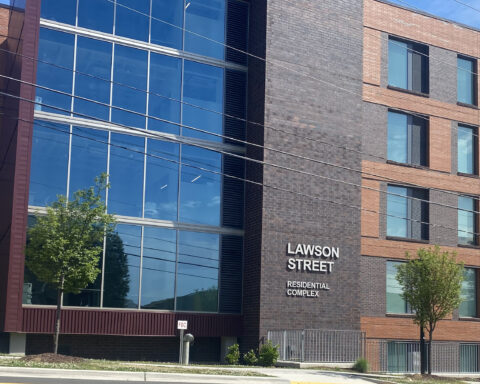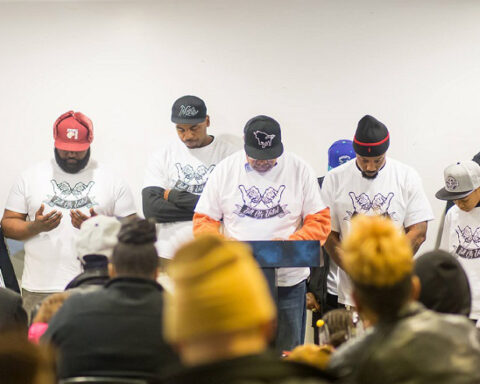Artificial Intelligence smart speakers are struggling with African-American “accents” and “slang,” making it hard for people of color to be understood.
“Sometimes I feel like I have to enunciate my words more clearly for the device to understand me,” said N. C. Central University Mass Communication Senior Khazar Lewis.
“I utilize smart speaker technology, and it is prevalent in my day-to-day routine. I sometimes need to repeat myself, which is usually caused by background noise.”
Society uses Alexa, Google, or Siri daily to complete tasks such as exploring information, answering questions, and completing simple tasks.
According to Stanford University, all five speech recognition technologies had error rates that were almost twice as high for blacks as for whites – even when the speakers were matched by gender and age and when they spoke the same words.
Tiana Addison, a mass communication junior, said she would rather look things up on her own instead of asking Alexa.
“I will have to repeat myself multiple times to get a simple answer when using the Alexa,” Addison said.
An NPR article last year titled, “With new research, your smart speaker might better understand African American English,” mentions a project being created to help AI understand African Americans starting with Howard University.
The story details plan “to collect different data across the United States of different kinds and techniques of the way that Black people speak.” The new information would give AI smart speakers the knowledge and coding to interpret and understand Black English.
“I feel like it would be beneficial to users worldwide because of the different languages and dialects that are spoken all over the world,” a former Criminal Justice student said.
Google is working on AI smart speakers’ inability to comprehend “slanged” English. The company is collecting data of black people speaking to use as biometric data to resolve this issue.
Technology advances through society, rapidly changing and developing to accommodate our every need, hopefully this mantra applies to AI.















